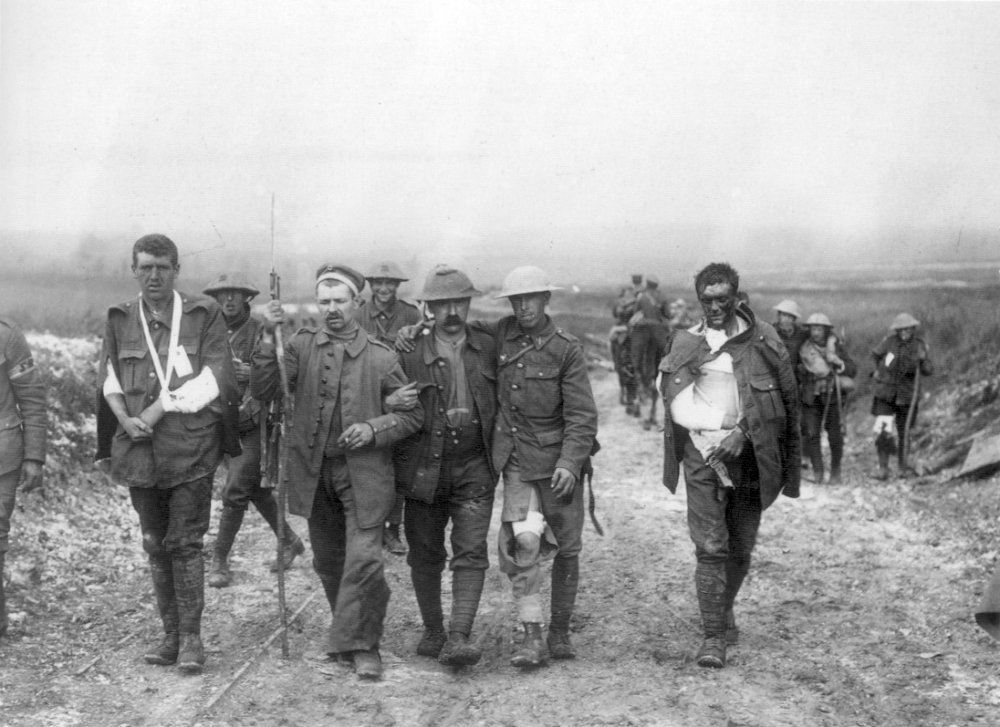 The Institute of Adventist Studies at Friendensau Adventist University (Theologische Hochschule Friedensau), hosted a symposium May 12-15 on the Impact of World War I on Seventh-day Adventism (event website). Sixteen presenters and over one hundred auditors, representing twelve countries, gathered at the school near Berlin, Germany, to discuss three broad areas relevant to this time period—the failure of apocalyptic prophecy (the Eastern Question of WWI), Adventist involvement in war, and the emergence of the Reform Movement.
The Institute of Adventist Studies at Friendensau Adventist University (Theologische Hochschule Friedensau), hosted a symposium May 12-15 on the Impact of World War I on Seventh-day Adventism (event website). Sixteen presenters and over one hundred auditors, representing twelve countries, gathered at the school near Berlin, Germany, to discuss three broad areas relevant to this time period—the failure of apocalyptic prophecy (the Eastern Question of WWI), Adventist involvement in war, and the emergence of the Reform Movement.
I attended as a representative of Adventist Today, submitting daily reports on the symposium. In addition, I was given a 15-minute time slot at the event to promote the Adventist Peace Fellowship. Approximately half of this time was used for question-and-answer dialogue. During the open discussion, I appreciated the support of APF co-founder Doug Morgan, who was a presenter at the event.
Following is a brief overview of the content covered at the symposium, along with links to media coverage of the event.
Apocalyptic Prophecy and Interpretation
Three presentations looked at the failure of Adventist prophetic teachings centering on WWI—the Eastern Question. At the time, Adventists focused their evangelism on the Ottoman Empire, predicting it would move its capital to Jerusalem, ushering in Armageddon and the end of the age. With the transition of the Ottoman Empire into modern Turkey with no seat in Jerusalem, this prophetic interpretation had to be abandoned.
Adventists and the Challenge of War
This topic consumed the bulk of the event's time and attention. Including George Knight's key note address to kick off the symposium, twelve presentations were given, covering a range of countries affected by WWI—the United States of America, Germany, Great Britain, France, Russia, Denmark, South Africa, Australia, Italy and more.
The range of issues covered in these presentations was compelling—conscription/draft, religious freedom, conscientious objection, church-state relations, nationalism, and the tension between pragmatism and idealism. These issues could have consumed much more time than the four-day symposium allowed.
The Church, The Prophet and the Reform Movements
The third major area dealt with the development of the Reform Movement, first in Germany but also in several other European countries. When church leaders in Germany informed the government that Adventists would participate in armed combat and would act on Sabbath as other soldiers do on Sunday, a minority of church members refused to comply. Amidst protest, these Adventists were disfellowshiped, and their stance on Sabbath and nonviolence led many to be imprisoned, with some even dying for their faith. Seventh-day Adventists at times reported on the reformers to authorities and even witnessed against them, which naturally contributed to friction between the groups.
After WWI ended, General Conference leaders clarified the error of the German leaders' decision, but the attempts at reconciliation failed, thus setting the reform movement on a path toward forming a new denomination, the Seventh-day Adventist Reform Movement (sometimes referred to as the German Reform Movement, though this label misses the larger nature of the movement). This group eventually split again in 1951, with one faction adding the phrase International Missionary Society (IMS) to their name. Together, these two entities have approximately 70,000 members, with operations in 120 countries. Since the early schism, the Reform Movement has developed other disagreements with the mainstream Seventh-day Adventist Church.
On Wednesday evening, event organizer Rolf Pöhler read a recently-released statement by German Seventh-day Adventist leaders apologizing for the decisions and actions of 1914. After this statement, symposium participants associated with the IMS and SDA churches clasped hands, expressing a level of warming between the groups. While disagreements continue between the two groups on a handful of issues, the symbolic action appeared to be meaningful for those present.
Publication
The papers presented at the symposium, along with chapters addressing Canada and Romania, will be revised and published as a book. Adventist peacemakers will likely find this volume to be quite informative and engaging, making it an important publication along with books such as Seventh-day Adventists in Time of War (Wilcox, 1936), Adventism and the American Republic (Morgan, 2001), The Peacemaking Remnant (Morgan, 2005), The Promise of Peace (Scriven, 2009), and Should I fight? (Bussey, 2011).
These were the presenters: George Knight, Jón Stefánsson, Bert Haloviak, Rolf Pöhler, Douglas Morgan, Ronald Lawson, Denis Kaiser, Eugene Zaitsev, Richard Müller, Jeff Crocombe, Daniel Reynaud, Gilbert Valentine, Stefan Höschele, Johannes Hartlapp, Idel Suarez, Jr., Woonsan Kang, Michael Pearson, and Reinder Bruinsma.
Media Coverage
You can learn more about the event through the following media reports:
- German Adventist Leaders Release Statement on “Guilt, Failure,” War (AToday/APD, 12 May 2014)
- Conviction and Moral Drift: War in the Story of Adventism (Charles Scriven, Spectrum, 12 May 2014)
- Adventists and World War I – Symposium Day One (Jeff Boyd, AToday, 12 May 2014)
- Prophecy, War, Moral Drift and Moral Courage (Charles Scriven, Spectrum, 13 May 2014)
- Adventists and World War I – Symposium Day Two (Jeff Boyd, AToday, 13 May 2014)
- Coping with War: Stories, Dilemmas, and a Breakthrough Moment (Charles Scriven, Spectrum, 14 May 2014)
- War and Adventist Pragmatism at the German Conference (Helen Pearson, Spectrum, 14 May 2014)
- Adventists and World War I – Symposium Day Three (Jeff Boyd, AToday, 14 May 2014)
- Adventists and World War I – Symposium Last Day (Jeff Boyd, AToday, 16 May 2014)
- War, Virtue and the Quest for a New Adventism (Charles Scriven, Spectrum 19 May 2014)
- Final Reflections from Friedensau: What Have We Learned? (Helen Pearson, Spectrum, 19 May 2014)
- Kriegsdienstverweigerung aus Sicht der Reformadventisten (Adventistischer Pressedienst/APD, 23 May 2014)
- Adventist Peace Fellowship – Netzwerk für Friedensstifter (Adventistischer Pressedienst/APD, 25 May 2014)
Symposium participant Denis Kaiser will be publishing an article about the gathering for Adventist World. This will likely appear in the August 2014 edition, marking 100 years since the start of WWI. We will link to Kaiser's article when it is available online.
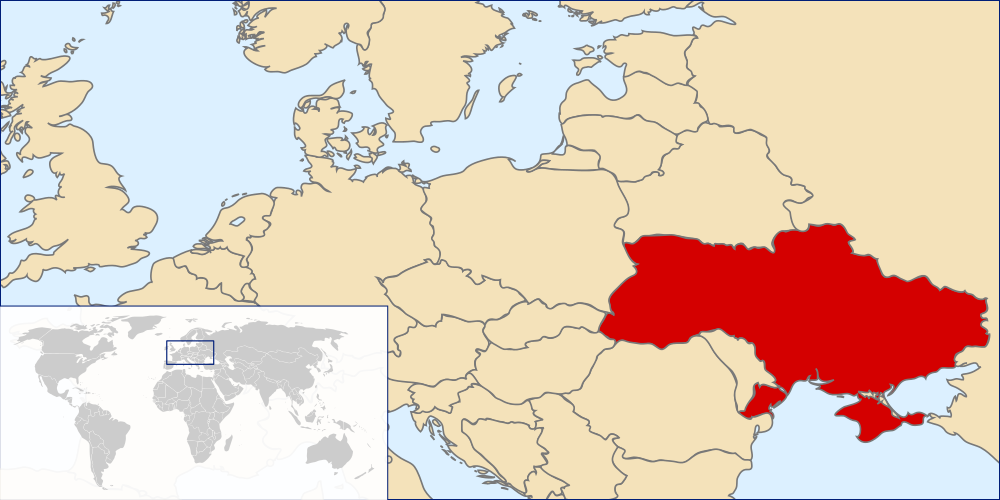 "The president of the Seventh-day Adventist Church’s Euro-Asia Division is calling on all Adventists to pray for peace in Ukraine," according to APD and Adventist Today (link, 28 June 2014). Furthermore, he "has urged church members to give a donation to the Adventist Development and Relief Agency (ADRA) in support of people who have lost their homes and belongings in the unrest."
"The president of the Seventh-day Adventist Church’s Euro-Asia Division is calling on all Adventists to pray for peace in Ukraine," according to APD and Adventist Today (link, 28 June 2014). Furthermore, he "has urged church members to give a donation to the Adventist Development and Relief Agency (ADRA) in support of people who have lost their homes and belongings in the unrest."
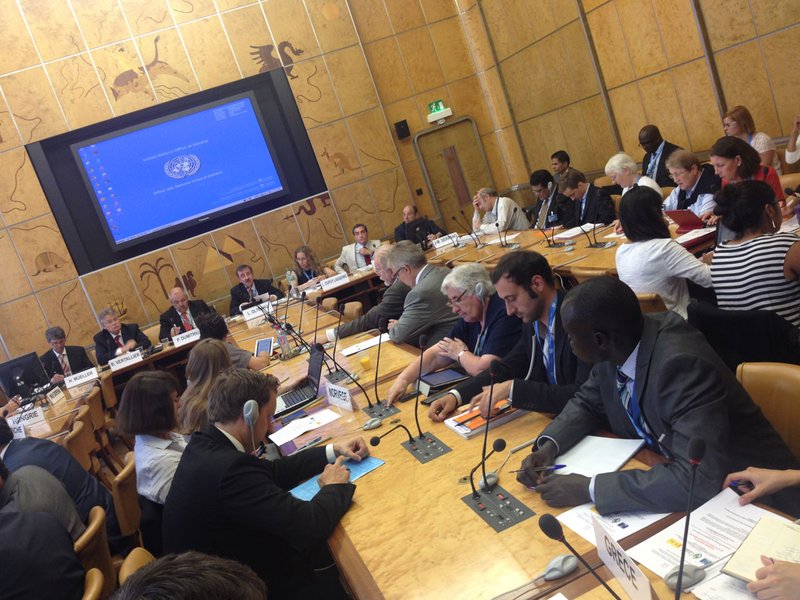










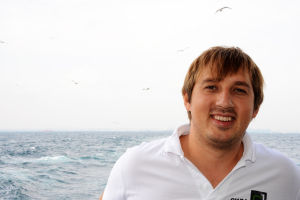

 Union College will honor alumni veterans this year during the school's annual homecoming weekend (April 3-6). Of special note are members of the Medical Cadet Corps.
In the school's mailer, Alumni Association President Ardis Dick Stenbakken writes:
Union College will honor alumni veterans this year during the school's annual homecoming weekend (April 3-6). Of special note are members of the Medical Cadet Corps.
In the school's mailer, Alumni Association President Ardis Dick Stenbakken writes: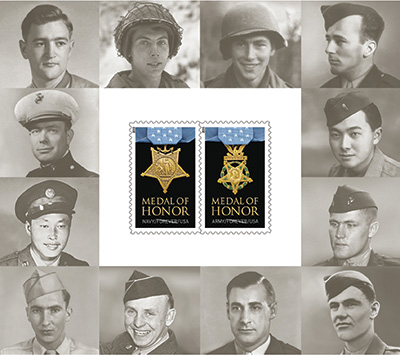 On November 27, 2013, Mark Kellner reported on the Adventist Review
On November 27, 2013, Mark Kellner reported on the Adventist Review
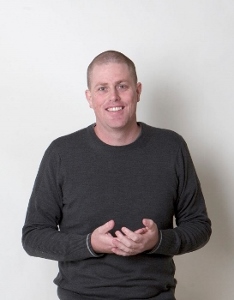
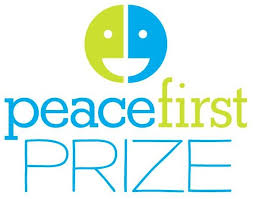 Peace First is excited to announce the launch of the second annual Peace First Prize! The Peace First Prize recognizes impressive young people who are creating positive change in their schools and communities. No project is too small. We want to hear about the incredible work that young people are doing and to celebrate their work publicly.
The Peace First Prize is open to young people ages 8–22 and will be awarded to 5–10 young leaders who have demonstrated compassion, courage and the power to create collaborative change. Winners will each receive $25,000 over two years and join the Peace First Fellowship program to support their peacemaking work.
Peace First is excited to announce the launch of the second annual Peace First Prize! The Peace First Prize recognizes impressive young people who are creating positive change in their schools and communities. No project is too small. We want to hear about the incredible work that young people are doing and to celebrate their work publicly.
The Peace First Prize is open to young people ages 8–22 and will be awarded to 5–10 young leaders who have demonstrated compassion, courage and the power to create collaborative change. Winners will each receive $25,000 over two years and join the Peace First Fellowship program to support their peacemaking work.